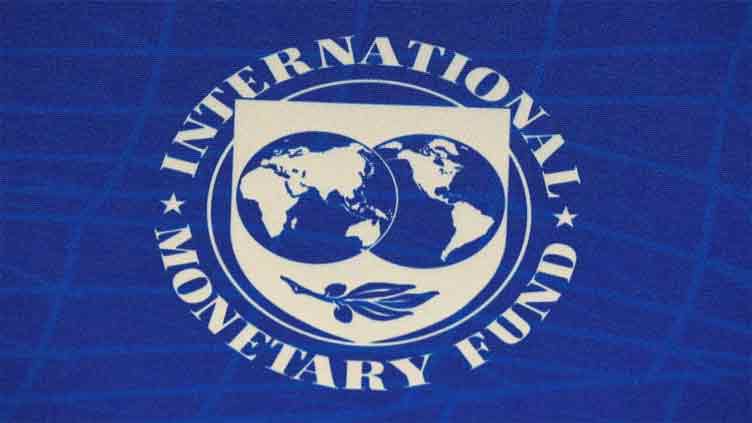IMF and Pakistan start policy-level talks

Business
Size of next loan programme one of the key subjects
- Many experts believe that the higher interest rates are one of the ill-advised policies suggested by the lender
- The top financial institution has also pressing for more energy tariff hikes despite the crippling cost of living crisis already affecting an overwhelming majority
ISLAMABAD (Dunya News/Web Desk) – The International Monetary Fund (IMF) and Pakistan will start policy-level talks today (Monday), as the cash-starved Islamabad is looking forward to clinch another deal with the Washington-based lender while meeting all the tough conditions being attached to it.
Issues like determining the size of next IMF programme and setting the related terms and condition as well as fixing the objectives and goals for next budget would be the focus of these discussions.
At the same time, the two sides are also going to set the macroeconomic targets for the next fiscal year’s budget, as the IMF is hell-bent to impose policies including monetary tightening [higher interest rates], energy tariff hikes, market-based exchange rate and privatisation.
It is expected that the two sides will complete the talks during the current week and sign a staff-level agreement, which is subjected to final approval by the IMF Executive Board.
Many experts believe that the higher interest rates are one of the ill-advised policies suggested by the IMF, which has crippled the country’s economy and the State Bank of Pakistan must start the rate cut cycle swiftly.
Read more: Buckle up! Interest rates are here to stay for longer: IMF chief
They are of the opinion that the current monetary policy will lead to a crushing burden of debt and taxes hampering recovery in economic activity and investment – a development which has already been visible to everyone.
Read more: High interest rates to stay with monetary tightening written as sole cure
And despite the fact that an overwhelming majority in Pakistan is facing a cost of living crisis, the IMF is demanding an increase in basic electricity tariff which, it says, essential to control rising circular debt.
Meanwhile, the strict IMF conditions coupled with Pakistan’s failure to fix the energy sector as well as the nature of agreements signed with the independent power producers (IPPs), the country isn’t in a position to take advantage of the slump seen in the prices solar panels and related equipment globally.
Read more: Solar or not? Inefficient energy sector makes case for revisiting solar energy policy
Earlier, talks started between Pakistan and the MF on not only Extended Fund Facility (EFF) but also climate financing, as Islamabad eyeing a bigger and longer bailout package to stabilise and revive its economy.
It was also reported that the two sides had agreed on the important targets set for the upcoming budget, sources say, which includes timely repayment of external debt repayments.


